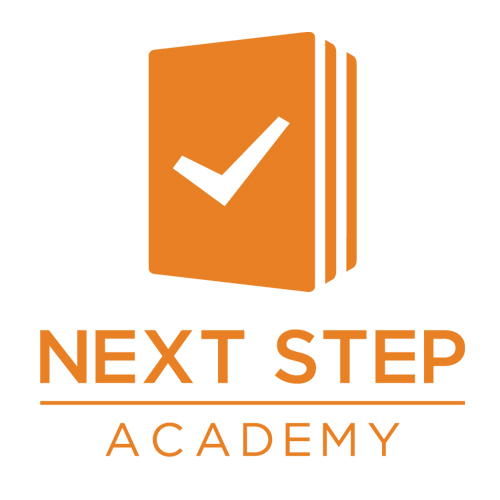Moving out of your parents’ house for the first time can be scary. Groceries will no longer magically appear in the fridge and there won’t be anyone to wash your sheets for you. If you’re considering leaving the nest and finding your independence, here are some tips for planning ahead and making a smooth transition into adulthood.
 Create a budget. Once you move out, money is going to become an even bigger deal than it is now.You’ll soon discover that money doesn’t go as far as you think. Start researching apartments to get a feel for how much rent costs in your area. You also need to consider expenses like insurance, food, gas, electric, internet and your phone. Make a list and compare that to your current paycheck. See where you can cut costs like eating out less or finding a roommate.
Create a budget. Once you move out, money is going to become an even bigger deal than it is now.You’ll soon discover that money doesn’t go as far as you think. Start researching apartments to get a feel for how much rent costs in your area. You also need to consider expenses like insurance, food, gas, electric, internet and your phone. Make a list and compare that to your current paycheck. See where you can cut costs like eating out less or finding a roommate.
Save up. Once you find a place to live, moving expenses add up quick. You’ll most likely need to pay an application fee, security deposit, first and last month’s rent and a pet deposit if you’re bringing along a furry friend. Before you move out, save up as much money as you can. Make sure you have a good cushion of funds for all the mandatory payments, but also for an emergency fund. Keep at least three months’ rent saved away in case of emergency.
Plan ahead. Start preparing for the move way in advance. Collect furniture and boxes that your friends and family may be giving away and check out thrift stores for cheap household items. It’s easy to forget everything you’ll need when you move out, like a kitchen table, chairs, rugs and hand towels. Preparing ahead of time gives you more time to look for cheap items you actually like, rather than just taking whatever you can get your hands on the month before you move.
Learn good habits. Do you know how to cook? More than just boxed macaroni and cheese? Before you move out it’s important to brush up on your life skills and develop good habits. Learn how to cook a few basic meals, do laundry regularly (not just when you run out of underwear) and start washing your dishes after every meal. Make sure you can do all the chores you’ll have to do on your own when you move out.
You’re going to learn quickly that living on your own for the first time is hard. You may not be living the high life and your apartment may not look like the ones you see on Tumblr, but it’s still a good life. Start preparing early and you’ll be able to make it on your own just fine.

 Where To Start: Part of the problem is knowing where to look. Start by speaking to your internship director, they usually know which employers offer internships. Your internship director will also need to approve your internship before you begin, so requesting information from them could save you a bit of time. If, for whatever reason, you’re internship director is unable to provide you with information, make an appointment with the student career-center. Not only can they help you find an internship, they’ll help you put together a resume that aligns with the internship you’re looking for.
Where To Start: Part of the problem is knowing where to look. Start by speaking to your internship director, they usually know which employers offer internships. Your internship director will also need to approve your internship before you begin, so requesting information from them could save you a bit of time. If, for whatever reason, you’re internship director is unable to provide you with information, make an appointment with the student career-center. Not only can they help you find an internship, they’ll help you put together a resume that aligns with the internship you’re looking for.

